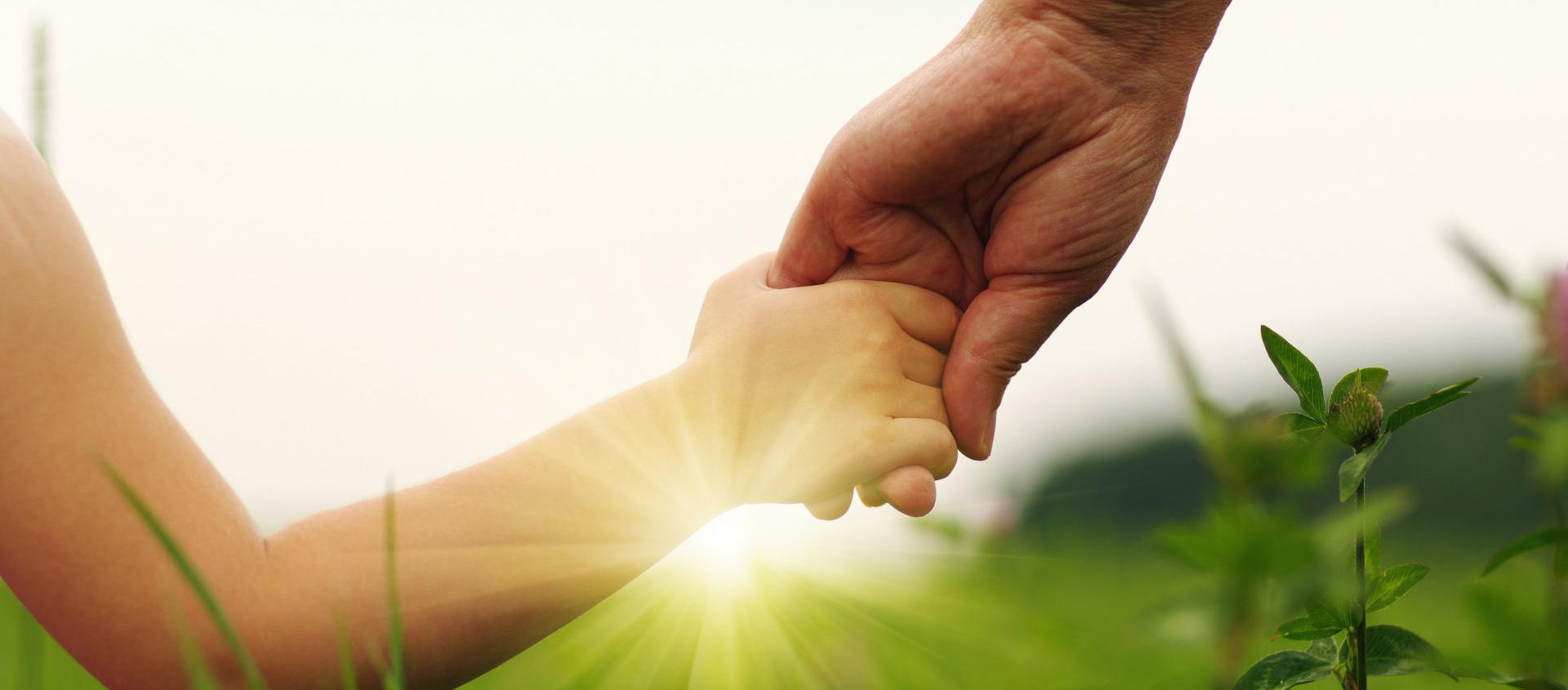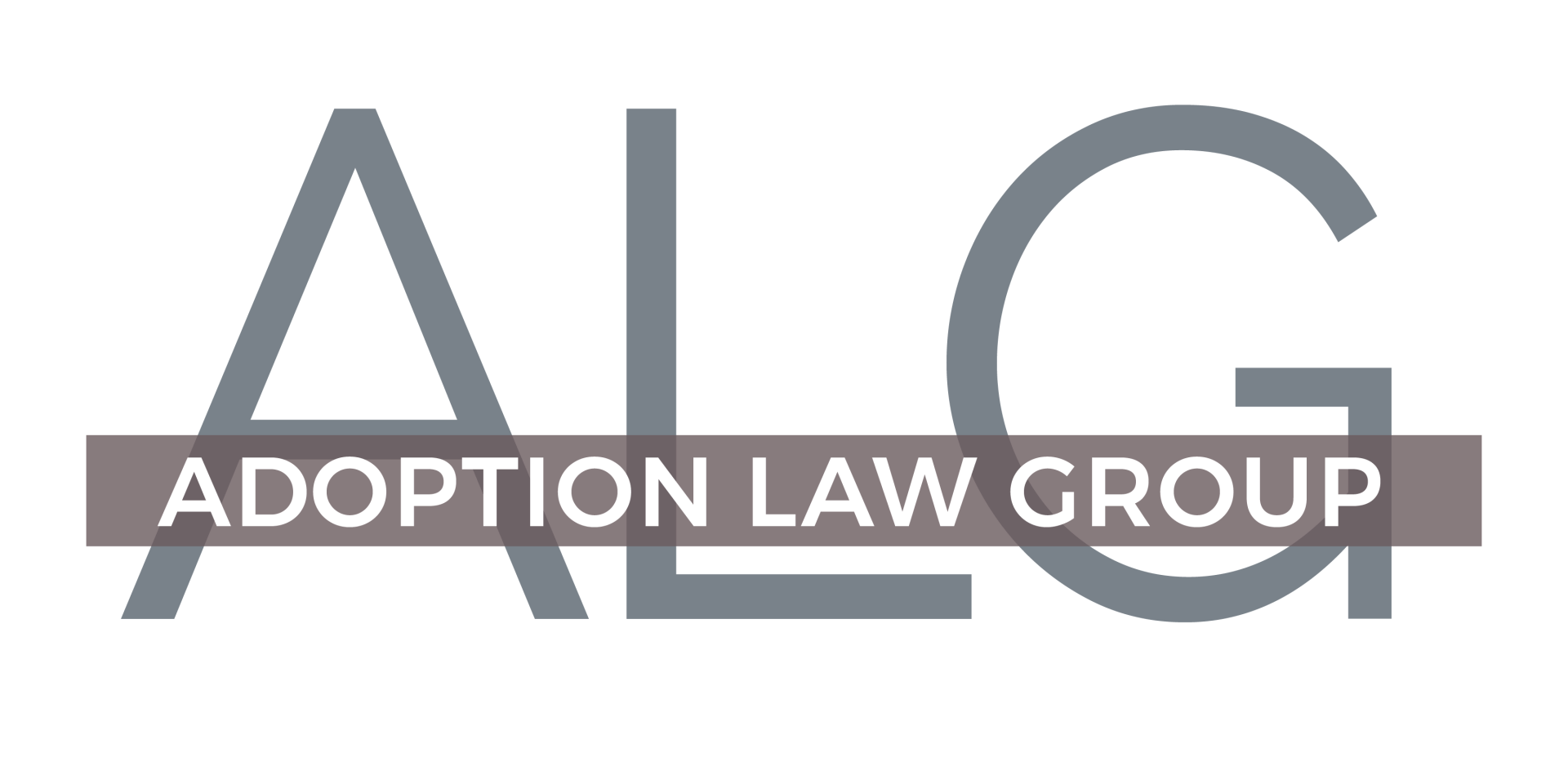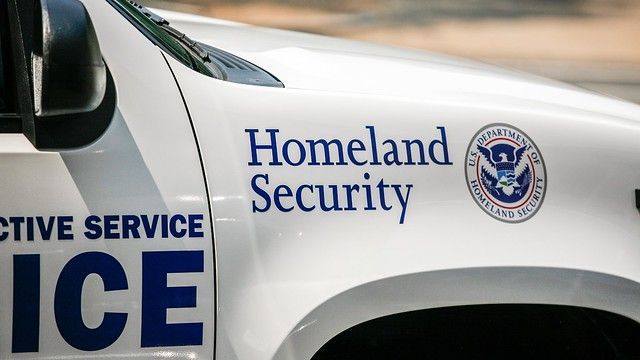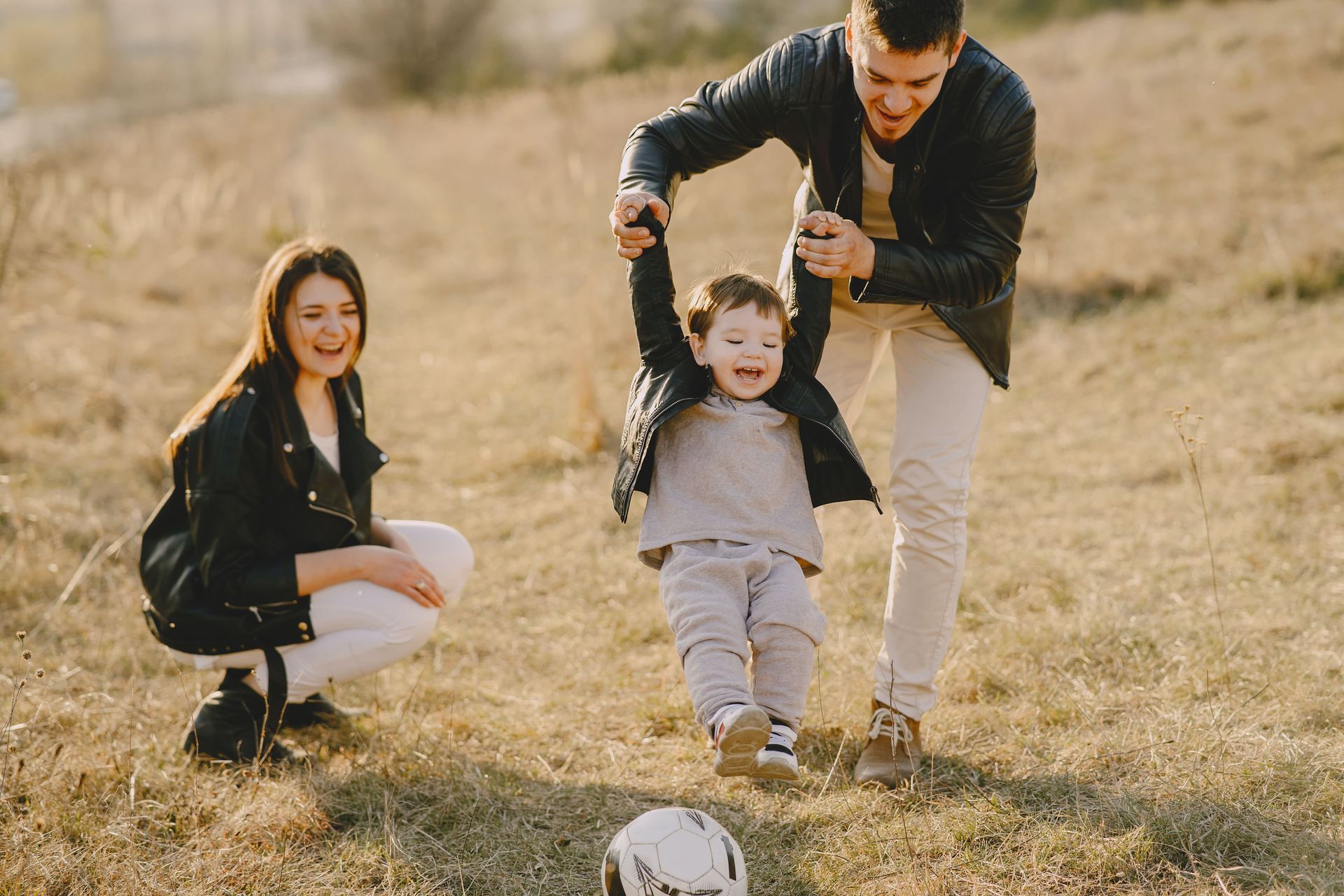
Does Race Matter in Adoption?
“Race matters in adoption because race matters in America.” —Twila L. Perry
As a white mom with two black kids, I reluctantly agree with that statement. I’d prefer it not to be true and frankly, living in a mixed, working class neighborhood in Los Angeles, haven’t really experienced much, if any, significant challenges related to race and my children (my daughter is in her twenties and my son on the verge of adolescence). I think the same is true for my children, though both would say that they are aware of being black in a white household and that peers, both black and white, have asked them about it. Our color difference certainly highlights the fact that they are adopted, which can be emotionally draining for them. In 2014, the Donaldson Institute published its findings on the effect of interracial adoption in the foster care context (which I believe is relevant to international and independent adoptions as well). The three main conclusions were these:
1. Transracial adoption in itself does not produce psychological or social maladjustment problems in children.
2. Transracially adopted children and their families face a range of challenges, and the manner in which parents handle them facilitates or hinders children’s development.
3. Children in foster care come to adoption with many risk factors that pose challenges for healthy development. For these children, research points to the importance of adoptive placements with families who can address their individual issues and maximize their opportunity to develop to their fullest potential.
So, the onus is on parents to effectively help their children navigate the challenges of living in a transracial family as an adopted child. In our family, the main issue that seems to emerge is that of identity formation. What does it mean to be “black” in America? The question seems more difficult for the African American male than female, though I know she has certain stereotypes that she must accept or challenge as well. I think, though, that is an issue for all African Americans, whether adopted or not. The challenge as a white parent is that we are not able to ourselves model what it looks like. Rather, the best we can do is impart to our children the values that are central to us and to our belief system and then try to connect them with role models who look more like them and who share those values.




